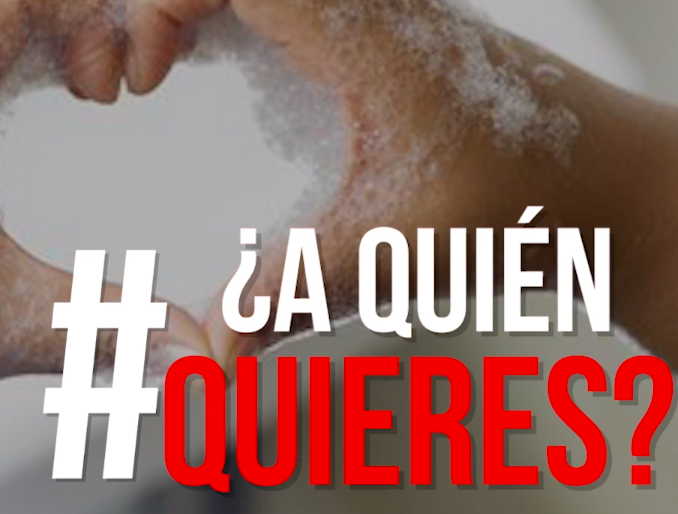A local clinic is pushing to reach the Hispanic community amid the pandemic. The COVID-19 pandemic has impacted the this community worse than most other groups, with a death rate triple their caucasian counterparts. Simultaneously, they are more likely to be essential workers, and there is still confusion around the vaccine.
According to the Kaiser Family Foundation, about six in ten Hispanic adults say they don’t have enough information about when and where to get the vaccine. While more than half of Hispanic adults express confidence that the needs of their community are being taken into account, nearly half (44 percent) say they are “not too confident” or “not at all confident.”
Despite the doubts, a West Dallas community clinic has experienced “excitement and gratitude from our patients” when distributing doses of the vaccine, says Leonor Márquez, CEO of Los Barrios Unidos. Marquez says that myths circulated on social media creating questions. “When we hear hesitancy from them, we acknowledge their concerns and speak plainly about the efficacy of the approved vaccines,” he says.
To help the effort of reaching the Hispanic residents, Dallas County launched La Alianza DFW, which has produces simple, Spanish-language materials of COVID safety, precautions, and prevention, addressing myths and facts about the disease and vaccine. Los Barrios is a member of La Alianza and has worked to spread the word throughout the last year.
A New Avenue
Los Barrios stepped up their efforts to spread awareness over the summer. Dallas-based TV/film producer Lindell Singleton and Leonor Márquez, CEO of Los Barrios Unidos Community Clinic in West Dallas, produced a Spanish-language short film, ¿A Quién Quieres? (Who Do You Love?) to provide vital information and instruction on the most effective behaviors for Hispanic communities to reduce the spread of COVID-19.
The absence of educational and assistive information disseminated to native Spanish-speaking communities is contributing to the problem. Singleton, who wrote, directed, and produced the film, set out to create the film after being told by a friend about the health crisis affecting the Hispanic community.
“The challenge was how to start from a blank sheet of paper to creating an educational film for people that don’t speak your native language,” Singleton says. “That was a challenge because I couldn’t just take something in English and slap some Spanish on it and make it work.”
Singleton reached out to Marquez and several health experts in the Dallas Fort-Worth area to make the film. “The inspiration is that everything I do is for my family and for people that I love,” Marquez says. “I love that angle of the film, in that we take these precautions, even though it tells us not to be able to see our mothers on Sunday or to see our abuelas like we usually do. We’re doing this distancing and pressuring them to stay home because we love them.”
The original plan was to have stakeholders like school districts and businesses buy the licensing rights to play at events to reach its intended audience. According to Singleton, that idea was nixed upon realizing that it’d be easier and faster to make the film available to the public rather than waiting for corporations to buy licensing rights.
There are myriad reasons for what caused such a disproportionate spread of COVID in the Hispanic community, and according to Marquez, it’s a multifaceted situation. “Latinos are essential workers. We are out there every day; we are healthcare workers, we are in transportation, in restaurants, in hospitality, construction. We tend to have multi-generational families, so our infant children all the way up to, you know, our grandparents are living in one house.”
During the onset of the pandemic, Marquez was worried that the clinic would see a surge in patients, but it turned out to be quite the opposite. Patients stayed home no matter what medical problem had arisen. But lately, appointments have surged well past their normal levels, as patients seek delayed medical care. Before the pandemic, Los Barrios Unidos saw about 150 patients a day, according to Marquez. These days, the patient count has risen to about 320 per day. Those patient interactions offer opportunities to spread facts about the virus.
“We made it very clear that we’re safe,” Marquez says. “We have precautions in place, and we’re doing quite a lot of telemedicine these days. About a third of our visits these days are telemedicine. So you can see your doctor via video conference. That has been a huge change for us.”
Both Marquez and Singleton hope that viewers of the film understand how important selflessness is during a time like this and the collective responsibility to look out for one another. “When the rubber hits the road, it is real, and people are dying from it. And because we all share this space, we all have a common responsibility to look out for one another in terms of humanity,” Singleton says. “And that’s why it’s even titled Who Do You Love. It has to be somebody in your community, somebody in your space, somebody in your sphere of influence, please protect yourself, protect them, because you love them.”
See the film here.






